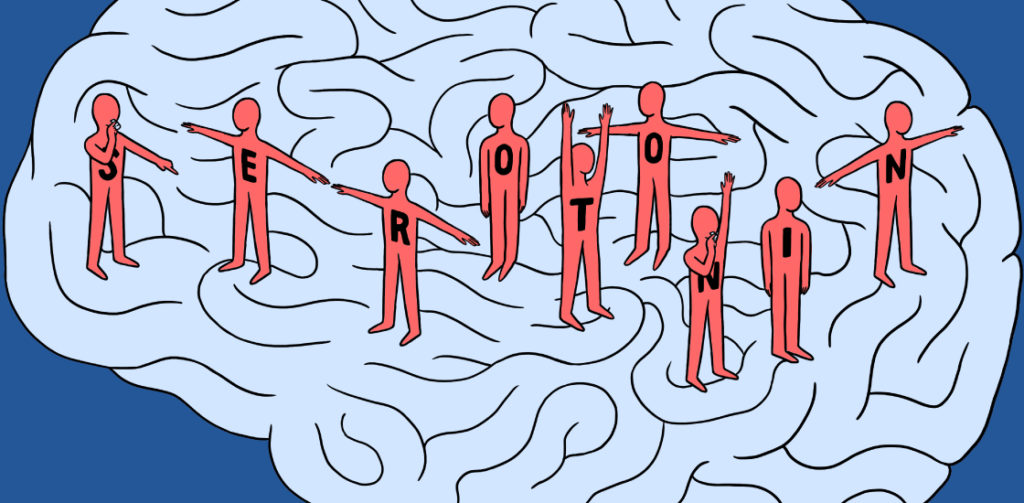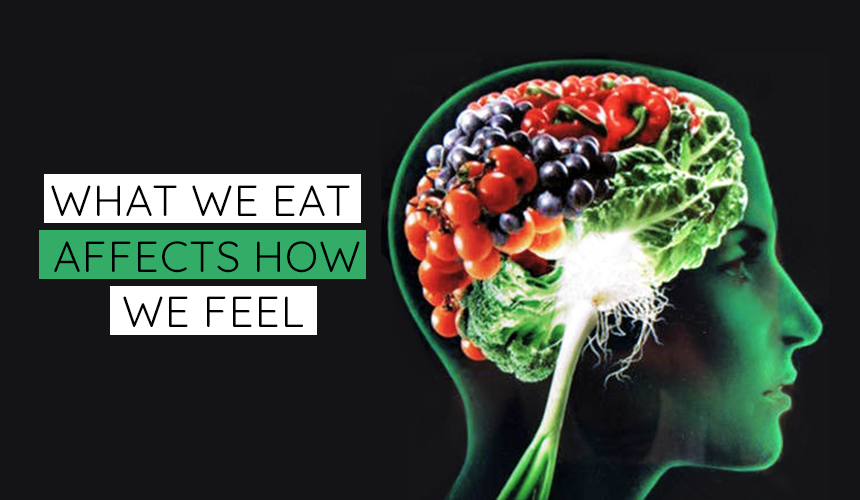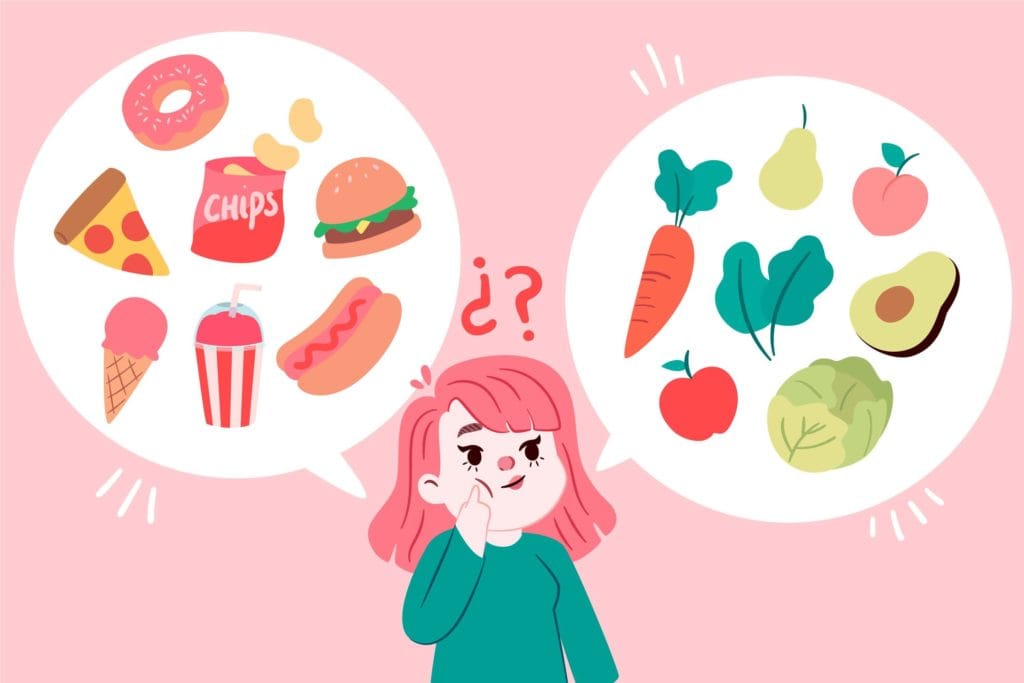Nutritional psychiatry is developing into a real opportunity in clinical intervention for patients who suffer from depression and anxiety.
“You are what you eat.” There is a universal truth in those simple words.
Indeed we feel better when we eat better, and science has proven it. A healthy diet will have an immediate impact on our physical health.
Now science is showing us that it also applies to our mental health.
With doctors, it is all about medications; they do not routinely discuss diet with their patients.
There’s a considerable gap in nutrition education in our medical schools, and the food has not been taken as seriously as it should by the medical community.
What we eat may be an essential way to prevent illness and a cure for various diseases.
If we fill this void, nutritional psychiatry provides useful information to patients, and it is a potentially powerful tool for doctors.
Nutritional Psychiatry: What Does It Mean For You?
Trying a clean diet for 21 days means cutting all the processed foods of our bodies that we are so used to.
When you try a healthy diet, pay attention to how you’re starting to feel. And once you finish with your 21 days and back to your usual diet, see how you feel.
When some people “go clean,” they cannot believe how much better they feel, both physically and emotionally, and how much worse people think when they reintroduce the foods known to increase inflammation.
Serotonin Dictates Your Feelings

Serotonin is a neurotransmitter that helps regulate sleep and appetite, mediate moods, and inhibit pain.
How is serotonin related to what you eat?
It’s simple; 95% of your serotonin is produced in your gastrointestinal tract, which is lined with a hundred million neurons.
You can see your digestive system doesn’t just help you digest food but also guide your emotions.
The Connection
The vagus nerve connects the gut and brain. Providing a greater understanding of the connection between diet and disease and is also relevant to psychiatric illness.
The Importance of Good Bacteria in Mental Health
The function of neurons and the productions of serotonin is highly influenced by the billions of “good” bacteria that make up your intestinal microbiome.
They play an essential role in your health, protecting your intestines’ lining and providing a strong barrier against toxins and “bad” bacteria.
So as you can see, our digestive system is highly correlated with our emotions. Studying the direct influence of our digestive organs into the production of serotonin is a way to sustain that what we eat directly impacts our mood and feelings.
Now let’s review some studies and comparisons of different diets worldwide and how they are related to mental health/illness.
Traditional Diets and Their Impact On Emotions
Traditional diets like Mediterranean and Japanese tend to be high in vegetables, fruits, unprocessed grains, and seafood. With almost no meat, dairy, and with a lack of processed foods and sugar.
Besides, many of these unprocessed foods are fermented, and therefore act as natural probiotics.
On the contrary, the Western diet is based precisely on processed foods and sugars.
The results are palpable in their populations; traditional diets have shown that the risk of depression is 25% to 35% in their consumers than on a Western Diet.
Why certain foods are mood-boosting
- Some enzymes found in food boost serotonin levels.
- Sugar is directly associated with depression and anxiety.
- Gut health plays a role in stress.
- Eating healthy foods is a great way to practice self-care.
- Taking active steps to eat a nutritious diet can increase motivation.
Foods to Improve Your Mental Health and Wellness
We all know that a new, healthy diet benefits our body, but it also positively impacts our minds.
We recommend the following to help feed your brain and improve your mental health and wellness.
Oily fish
We’ve always heard that fish is good ‘brain food’ – but why? Because it contains Omega-3.
Here are some of the wonders of Omega-3:
-It helps to improve both short and long-term memory, contributing to optimal brain health.
-It contributes to a significant boost in positive feelings, improving mental health, wellness, and reducing anxiety levels.
You can find Omega-3 in oily’ fish such as:
- Salmon
- Prawns
- Fish oil supplement
Berries
Some berries benefits are:
- People improve memory, concentration, and attention span do to a compound known as polyphenolics.
- Berries act as an antioxidant that assists in repairing cells, as well as in combating inflammation.
- They also are great for improving symptoms associated with anxiety and depression.
Strawberries, blueberries, raspberries, and blackberries are excelent if you’re looking for your antioxidant fix.
Yogurt
The benefits of this famous probiotic are the following:
- It helps your digestive system to run smoothly
- It impacts a person’s mental health, assisting in lowering stress, anxiety, and depression.
So don’t hesitate to make yogurt one of your daily meals.
Wholegrain
According to studies, whole grains are a rich source of tryptophan, an amino acid that helps to produce serotonin.
Let’s remember that Serotonin assists in providing calm to our minds, as well as
Improving someone’s mood and maintaining a steady sleep cycle
Walnuts
Perfect for a snack, that will also provide you the following benefits:
- It helps your long-term brain health.
- Walnuts are full of antioxidants, helping to inhibit oxidation in the brain and body.
- These nuts can also lead to the growth of new neurons.
There’s not a catch with walnuts, they are delicious, and they help us grow new brain cells, an essential aspect of maintaining good mental health.
Leafy greens
According to a study published in Neurology, people who regularly consumed daily servings of leafy greens have a slower cognitive decline rate than those who avoided piling their plates with greens.
You can find these benefits on the following leafy greens:
- Spinach
- Kale
- Collard greens
Beans
Beans are one of the top food choices for a happy, healthy brain.
Why?
- Because they are full of fiber and antioxidants.
- They allow you to be you fuller for longer, keeping your blood sugar stable and enabling you to burn more energy
- Beans contain thiamine, a vitamin needed for the production of acetylcholine that improves your memory.
Some of the most recommended beans are:
- Chickpeas
- Lentils
- Kidney beans
Food can be a cure for any illness. We are what we eat; therefore, we are the ones who can damage or cure our minds and bodies.
Before recurring to medicine, you should consider diet changes that could make a huge impact on your health and prevent the many diseases that torment most of the people nowadays.
Nutritional Psychiatry: It’s Up To You
Now that you have this information, it is an excellent time to make healthy changes in your diet, knowing that it will improve your physical state and your mental health.
There’s a lot of research to be made about nutritional psychiatry, but one thing is sure, processed, refined foods and sugars won’t make us any good.
So it is up to you to adapt your eating habits into a more Mediterranean/Japanese diet.
At our office, we encourage a proper diet that will help improve your overall health and help maintain your teeth in great shape.
Articles and studies have shown that what we eat can have a considerable impact on our mental health. Accumulation of data infers that this may actually be the case.
The way we eat and nutrition are critical for human physiology and body composition and have meaningful influences on mental well-being and mood.







